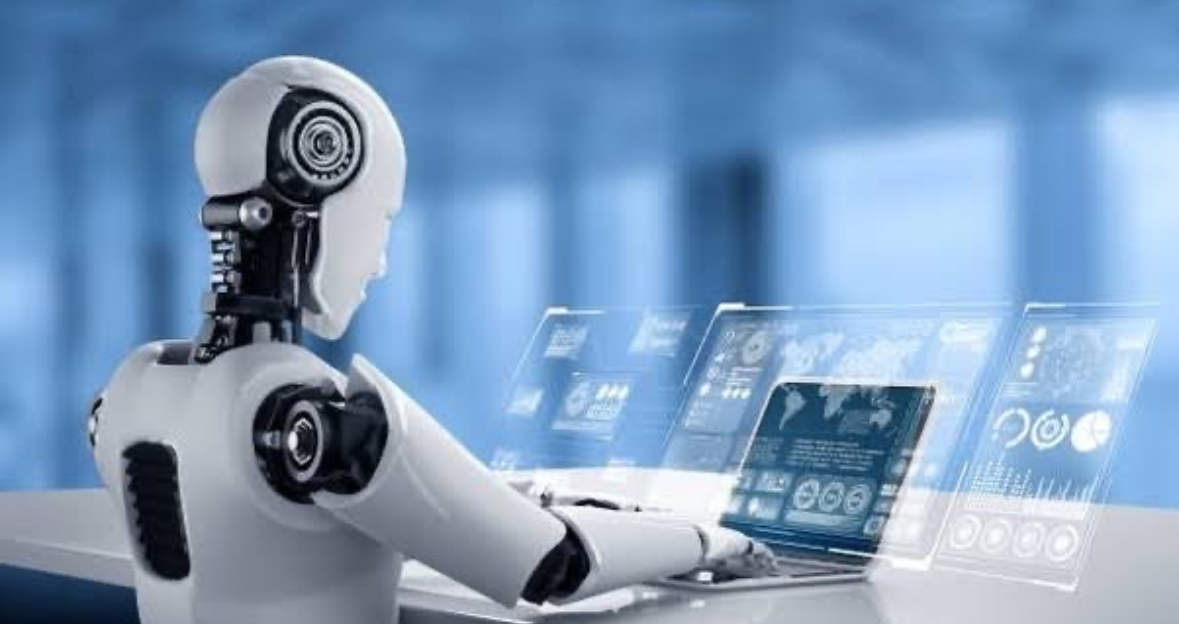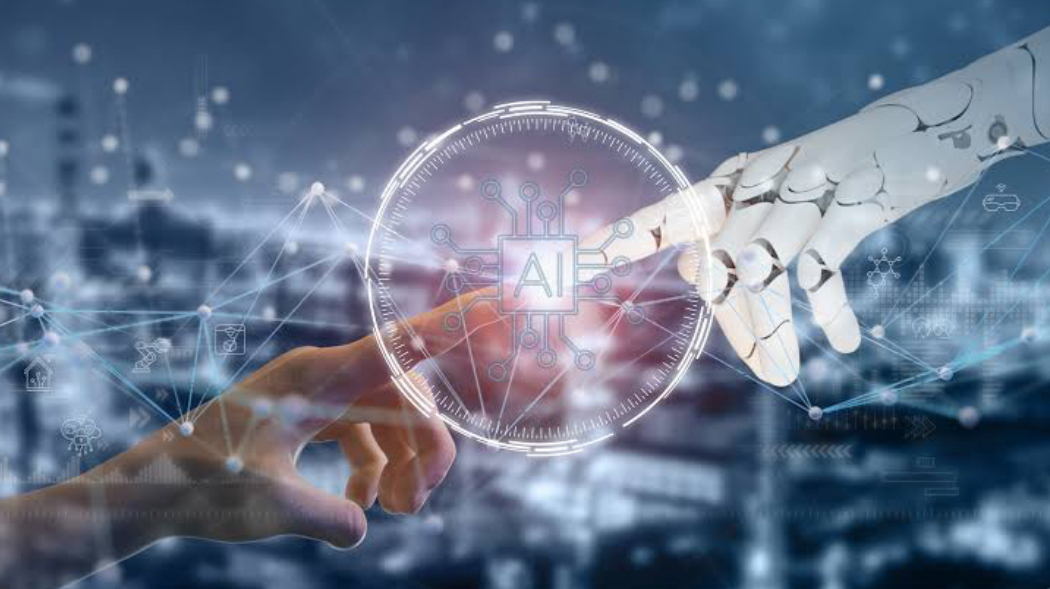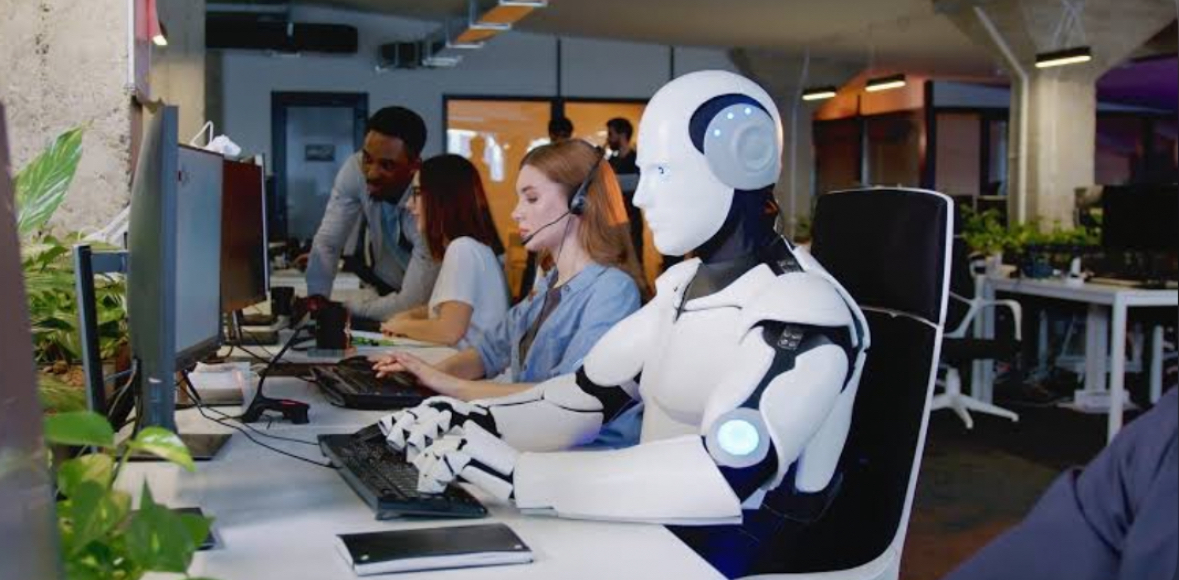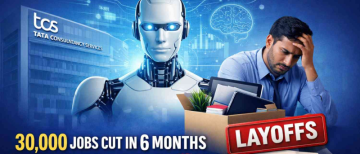Imagine living in a world where intelligent machines draft your legal documents, AI algorithms write your daily news stories, and robotic coffee makers bring you coffee in the morning. This is the coming reality of the AI revolution, not science fiction. Alarming predictions have been raised by a new analysis from the Institute for Public Policy Research (IPPR), which indicates that artificial intelligence may soon result in the loss of about 8 million jobs in the UK. This impending "jobs apocalypse" is a clear indicator of the significant shifts our workforce is in for, not just a far-off possibility.

The two waves of AI adoption
The IPPR study demonstrates the use of generative AI in two waves. Computers have already taken over routine cognitive chores like database management and scheduling as part of the first wave. Already, this wave has put some jobs at risk, especially part-time and entry-level jobs in customer service, administration, and office work.

In the second wave of AI adoption, which is expected to happen quickly, more complicated jobs like database creation, copywriting, and graphic design could be done by machines. This wave poses a greater risk to higher-paying jobs, potentially leading to job loss if not managed effectively.
Impact on Different Occupations
According to the survey, the groups most at risk of losing their jobs due to AI automation include women, younger workers, and those with lower incomes. Particularly, women are more likely to work in highly automated industries like secretarial and administrative roles.

A wide number of industries, including call centres, education, software engineering, law, finance, journalism, and marketing, are all anticipated to be impacted by AI automation. Particularly vulnerable to automation are jobs involving routine authoring, copywriting, customer service, and repetitive tasks.
Role of Education and Reskilling
Experts advise developing a national policy centred on worker education, reskilling, and upskilling in order to tackle the issues raised by intelligent automation.
Insights from Industry Experts

Piers Linney, founder of Implement AI, predicts rapid automation in call centres within five years and stresses the need for a national strategy to facilitate reskilling and ensure competitiveness.
Dr. Clare Walsh, director of education at the Institute of Analytics, highlights the impact of repetitive tasks and the potential rearrangement of roles, emphasising the ongoing need for human oversight and creative work.
Ian West, Head of Technology at KPMG UK, provides insights into sectors likely to be affected by AI adoption, underscoring the importance of education in navigating AI's impact on the workforce.
Government Action and Economic Implications
The IPPR urges proactive government engagement to avoid a "job apocalypse" and harness AI's potential for economic growth while mitigating job displacement risks.
Senior economist at IPPR Carsten Jung underscores the importance of critical design choices by companies, unions, and the government to effectively manage AI technology and its impact on jobs.

In an optimistic scenario, full AI augmentation could significantly boost the economy. However, challenges such as job relocation and economic stagnation require prompt and strategic government action.
To sum up, the effects of AI on the UK labour market are complex and call for early action to handle the advantages and disadvantages it brings. Stakeholders can negotiate the revolutionary effects of AI technology and create a more sustainable and inclusive future of work by putting an emphasis on education, reskilling, and responsible AI deployment. Policies from the government, business initiatives, and individual efforts will all play a significant role in determining how AI affects the labour market and the economy in the future.
Image Source: Multiple Agencies
(Inputs from agencies)
© Copyright 2024. All Rights Reserved Powered by Vygr Media.






















